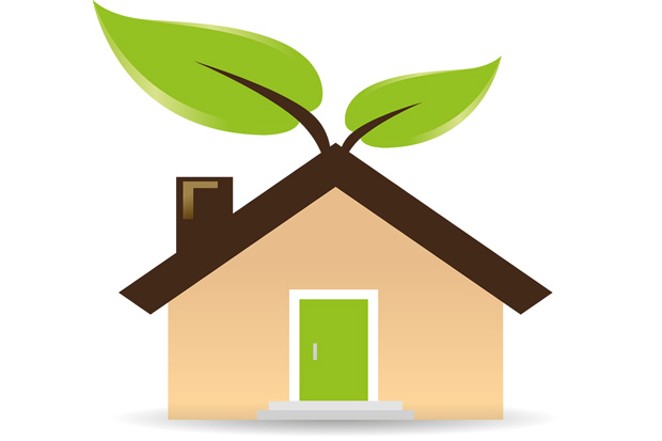"Fire made us human, fossil fuels made us modern, but now we need a new fire that makes us safe, secure, healthy and durable."
-Amory Lovins
After Independence Day I was reflecting on our great nation. I'm mostly proud, but also wish we would do better. The continued use of fossil fuels such as coal, oil and natural gas as the main sources of energy is unrealistic and unsustainable. Humans rely heavily on fossil fuels for nearly every need or convenience in our lives. Hopefully, people are doing their best on an individual level to reduce waste and limit energy use, but to truly create change, local governments must step in with large-scale efforts.
In Bend, a lot of people want to protect the city—the clean air and water, and to help create energy security for the future. The City of Bend, along with the Bend Climate Action Steering Committee, a group of community volunteers, has developed the Bend Community Climate Action Plan. This plan is intended to help the community meet the Bend City Council goal, established in 2016, to reduce fossil fuel use by 40% by the year 2030 and by 70% by the year 2050.
CASC has put together a suggested action plan encompassing four categories: Energy Supply, Waste and Materials, Transportation and Energy in Buildings. According to the Bend Climate Action website, energy used in buildings and homes makes up a whopping 67% of Bend's entire fossil fuel use. If the buildings and homes being built or updated can rise to a new level of sustainability, locals can make significant differences in total energy use. The Climate Action Plan has a long list of suggestions to curb the building sector's energy usage. A few favorites include:
Education & Awareness: This consists of educating or developing programs and trainings for builders, homebuyers and owners, realtors and college students about the benefits of energy efficient homes and how to sustainably meet home energy needs.
Programs & Tools: Create green home databases, provide expedited plan review processes for achieving a certain energy efficiency level, above code, or reduce parking requirements for energy efficient homes to allow for smaller lot sizes.
Financial Incentives: This is what we believe to be one of the biggest motivators for change: The numerous financial incentives. There are incentives aimed at developers that encourage net-zero or other efficient building standards, such as reduced System Development Charges, expedited permitting and property tax credits. Financial incentives should encourage renewable energy installation, connect SDC rates to house size and even provide grants to homeowners and businesses for energy efficiency upgrades.
This is only a sampling of all the beneficial suggestions in the committee's plan. To view the entire Bend Community Climate Action Plan and have an opportunity to voice your thoughts and opinions (through end of July) visit bendclimateaction.participate.online.








